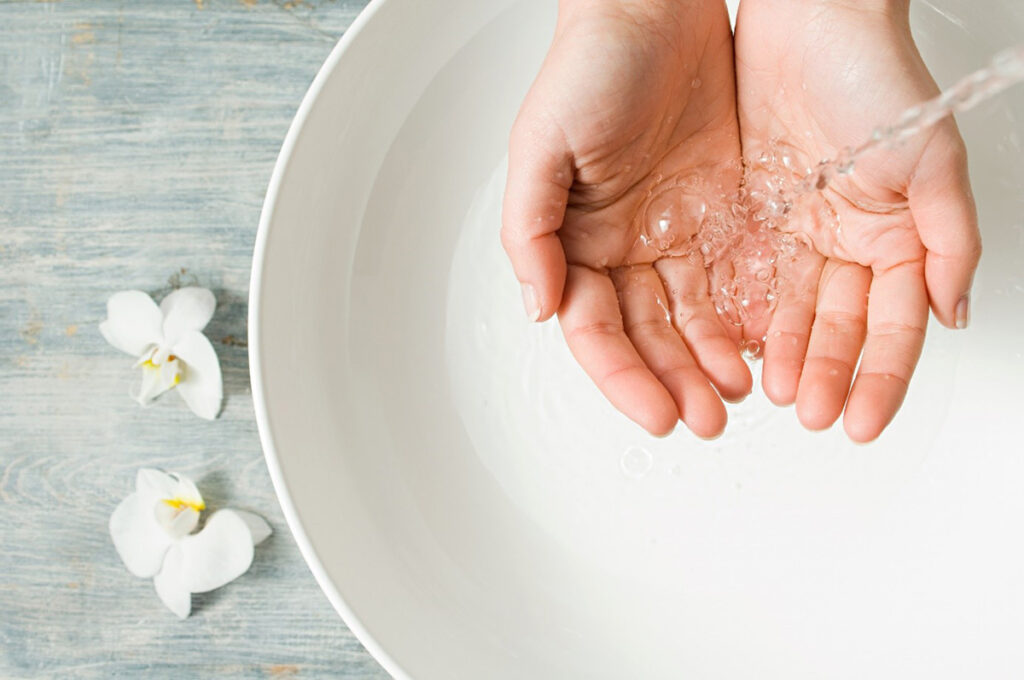Water Reuse
WATER AS NATURAL
RESOURCE

Introduction
Water reuse is efficiently practiced around Europe, however, this varies across EU member states and is underutilised. Safe reuse of urban wastewater in agricultural irrigation is just one of the minimum requirements of water reuse. As urbanisation is increasing, water management must explore further solutions for the citizens.
Description
Approximately 11% of the European population and 17% of the EU territory are affected by water scarcity. The situation is worse in Mediterranean areas where water stress can be extreme. Thus, efficient water resource management focusing on wastewater treatment is required. As only a tiny proportion of water is suitable for drinking and irrigation, water reuse is the key element of circular economy. It not only has remarkable environmental benefits, but also social and economic ones.
Nowadays, treated wastewater reuse is a real alternative source of water supply. In addition, water reuse might have lower investment costs and energy demand compared to other alternative solutions like desalination or water transfer.
The EU promotes the use of safe and efficient water reuse technologies, provides guidance and financial support, and sets the minimum requirements to increase cost effectiveness, create jobs, develop innovative technologies to exploit the highest potential for water reuse.
Water reuse sometimes requires minimal or no treatment. It contributes to the security of water supply and fight against water shortages, droughts and water stress for farms, companies and cities as well. Therefore, integrating water reuse in our daily lives and operations can help facilitate circular water management and the independency on freshwater while increases our resilience of climate change. Awareness-raising is essential to inform the general public and stakeholders on the benefits of water reuse as well as irrigation and sustainable drainage systems.
References

